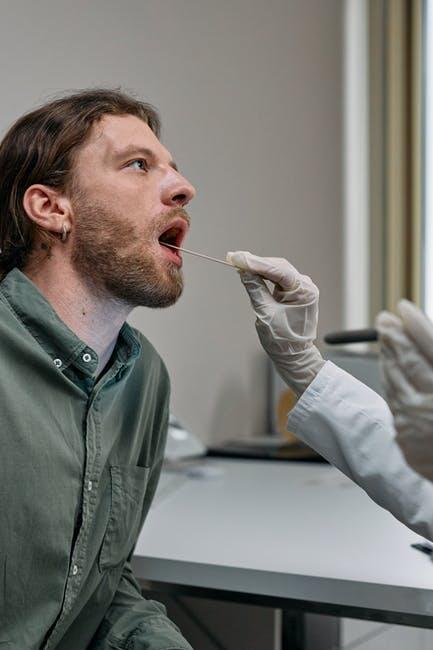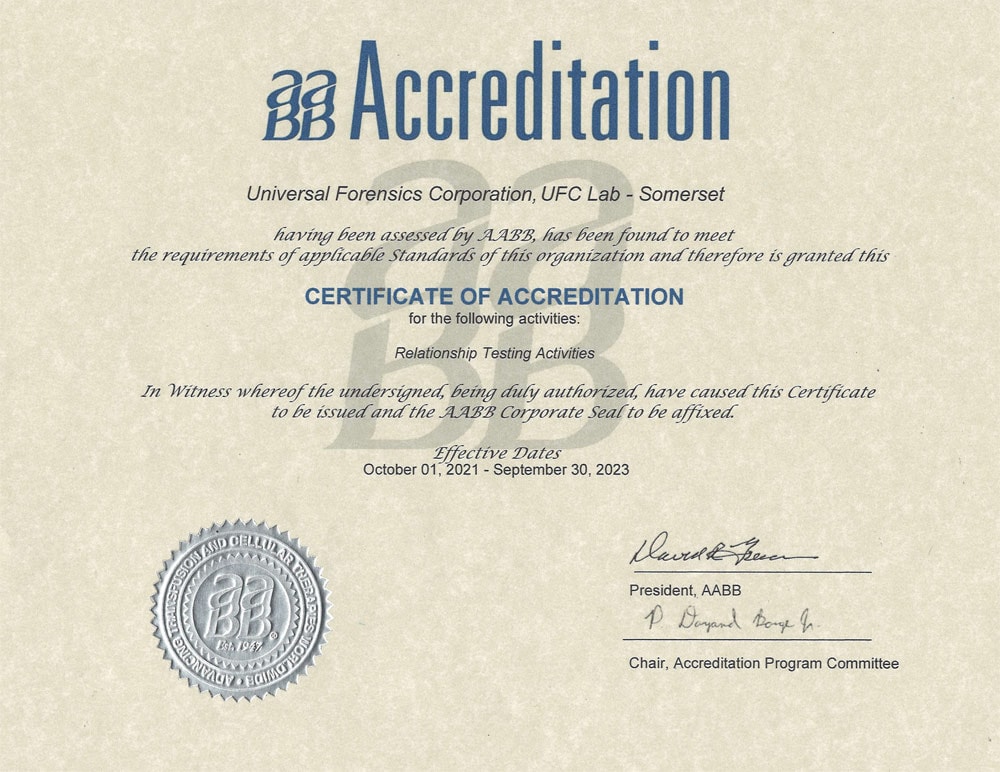DOT Drug Testing: 5 Things You Should Know

Did you know that DOT Drug Testing is a legal requirement for millions of employees in safety-critical roles? From truck drivers to airline pilots, it’s a key part of keeping workplaces and public spaces safe. The Department of Transportation (DOT) enforces these regulations to prevent substance abuse and ensure that workers in high-risk positions are fit for duty.
In this article, we’ll cover five essential things you need to know about DOT Drug Testing. You’ll learn who is required to take these tests, how the process works, what substances are screened, and what happens if someone fails. Whether you’re an employer or an employee, staying informed can help you navigate the process confidently.
Understanding the details of DOT drug and alcohol screening can protect your career and ensure compliance with federal laws. Keep reading to discover everything you need to know!
What is DOT Drug Testing?
DOT Drug Testing is a federally mandated safety measure designed to ensure that employees in safety-sensitive roles remain fit for duty. The Department of Transportation enforces strict regulations requiring these tests for roles like truck drivers, airline workers, and transit operators. This ensures the safety of employees and the public while helping employers meet legal requirements.
By testing for substances that impair judgment and performance, such as marijuana, cocaine, and opioids, DOT drug tests play a crucial role in preventing accidents and maintaining workplace integrity.
Purpose of DOT Drug Testing
The purpose of DOT Drug Testing is to:
- Ensure safety in transportation-related industries
- Prevent substance abuse among employees in safety-sensitive roles
- Maintain compliance with DOT regulations
Employers must partner with certified labs to perform drug screening in accordance with these rules. Failing to comply with these requirements can result in serious legal and operational consequences for businesses.
Who is Subject to DOT Drug Testing?
Employees working in DOT-regulated industries are required to undergo regular testing. These roles include:
- Truck drivers and commercial vehicle operators
- Airline employees like pilots and air traffic controllers
- Transit and railway workers
For workers in these critical roles, adhering to DOT requirements is non-negotiable to maintain their eligibility. Employers, on the other hand, must ensure their teams are tested properly to avoid fines or disruptions.
Substances Tested in DOT Drug Testing
DOT Drug Testing focuses on identifying substances that can impair employees performing safety-sensitive duties. These include both illegal drugs and certain prescription medications that, when misused, compromise public and workplace safety. This testing protects lives, ensures compliance with federal regulations, and builds trust in critical industries.
The substances screened include:
- Marijuana/THC
- Cocaine
- Amphetamines, including methamphetamine and MDMA
- Opioids, such as codeine, heroin, and morphine
- Phencyclidine (PCP)
Each of these substances can severely impair judgment, coordination, and reaction times, making their detection essential for maintaining safety standards.
Why Testing These Substances Matters
Testing these substances is vital for maintaining safety and compliance in transportation-related industries. It ensures employees in safety-sensitive roles can perform their duties safely, minimizing risks to themselves and others.
For employers, drug and alcohol screening helps meet DOT regulations, avoid costly penalties, and establish a culture of accountability. For employees, it reinforces their responsibility to remain fit for duty, safeguarding their careers and workplace integrity.
Comprehensive testing programs are not just about meeting regulations; they reflect an organization’s commitment to safety and excellence.
The DOT Drug Testing Process
DOT Drug Testing follows a structured process to ensure accuracy and compliance with federal regulations. Employers must use DOT-compliant laboratories to guarantee reliable results and adherence to legal requirements. Following the proper procedure safeguards both employees and companies from potential risks.
Specimen Collection Methods
The process begins with specimen collection, most commonly using urine samples. Employees report to an authorized collection site where trained professionals supervise the procedure to ensure the sample’s integrity. This step prevents tampering or contamination and ensures the testing meets DOT standards.
Laboratory Analysis and Result Reporting
After collection, the samples are sent to certified laboratories for analysis. These labs conduct comprehensive testing to detect any prohibited substances. Once the analysis is complete, results are securely reported to the employer. This ensures timely communication and allows employers to take appropriate action if necessary.
Adherence to DOT Regulations
Strict compliance with DOT regulations is essential. Employers who fail to meet these requirements risk fines, penalties, and potential safety violations. Partnering with DOT-compliant labs ensures that every step of the DOT drug tests process is handled correctly, supporting a safe and drug-free workplace.
Employers must prioritize following this process to maintain compliance and protect their workforce.
Who is Required to Undergo DOT Drug Testing?
Employees in safety-sensitive positions are required to undergo DOT Drug Testing to ensure they can perform their duties without compromising public safety. These roles include:
- Aviation personnel, such as flight crews and air traffic controllers
- Commercial motor vehicle operators
- Maritime workers
- Pipeline operators
- Railroad employees
- Transit workers
A position is classified as safety-sensitive if it directly impacts the safety of the traveling public or infrastructure. Workers in DOT jobs must remain compliant with these regulations to continue their employment. For these employees, drug-free performance is non-negotiable.
Consequences of Failing a DOT Drug Test
Failing a DOT Drug Test carries significant consequences for employees in safety-sensitive roles. Immediate removal from these duties is mandatory, and individuals must undergo an evaluation by a Substance Abuse Professional (SAP). Completion of a return-to-duty process, including follow-up testing, is also required.
A failed test can severely impact an individual’s DOT career, potentially leading to job loss or employment limitations. Employers rely on this process to maintain compliance, protect their workforce, and ensure public safety. For employees, adhering to drug testing requirements safeguards both their careers and reputation.
The Importance of DOT Drug Testing
DOT Drug Testing is essential for ensuring safety and compliance within transportation industries. By identifying substance use in safety-sensitive roles, these tests help protect lives, uphold public trust, and ensure regulatory compliance. Employers and employees alike must understand and adhere to DOT drug testing regulations to maintain safe and efficient operations.
ReliaLab Test offers a unique DOT Drug and Alcohol Testing Consortium, streamlining compliance and simplifying the process for businesses. Contact us today to benefit from expert guidance and a comprehensive solution tailored to your needs. Ensure your company meets all requirements with confidence.








